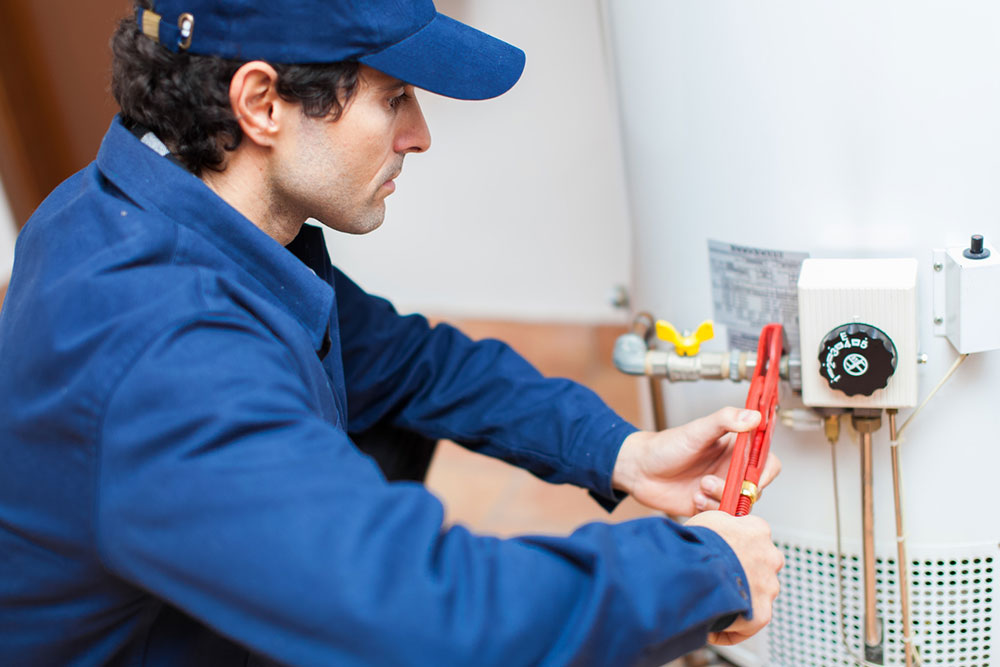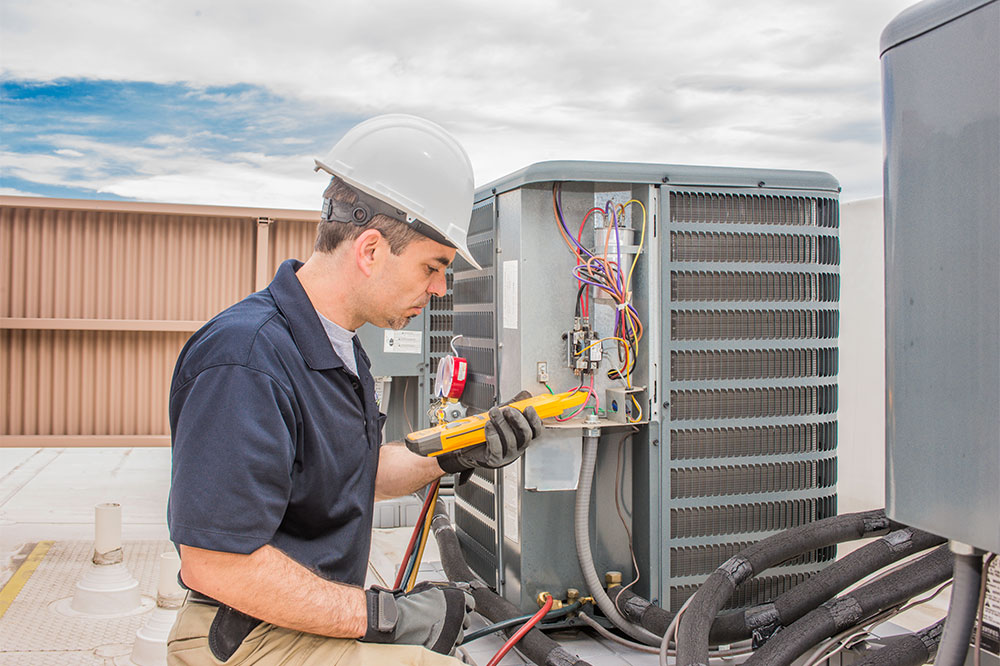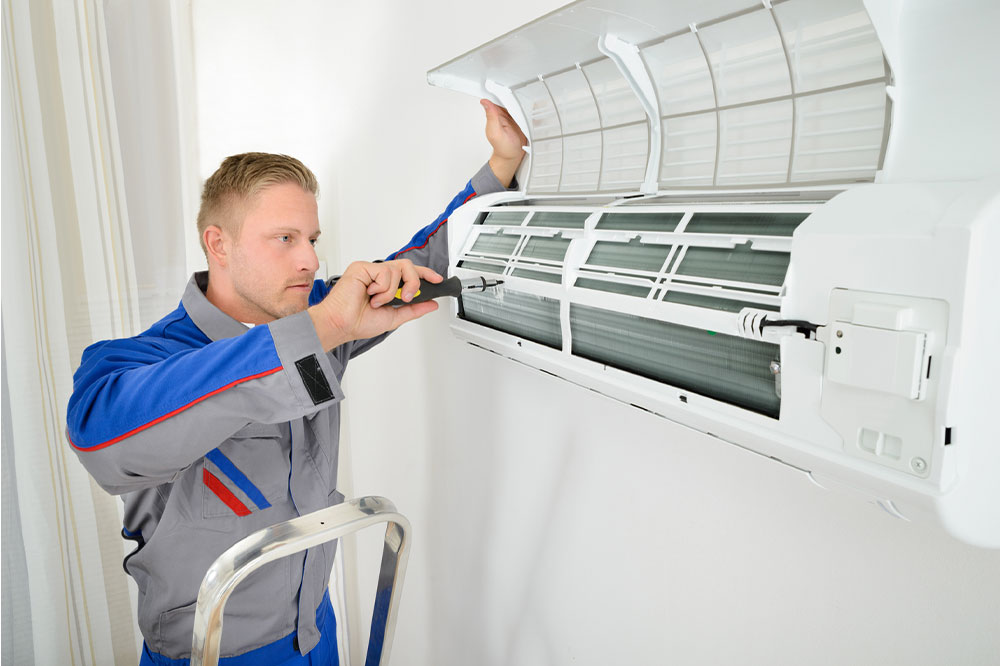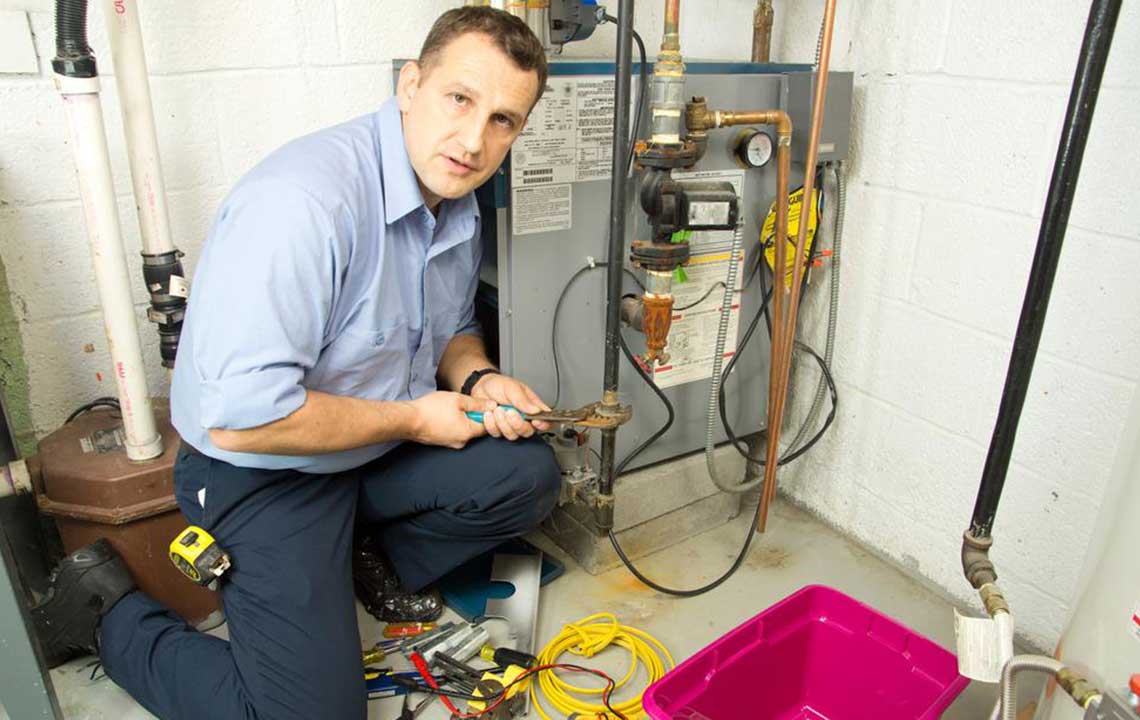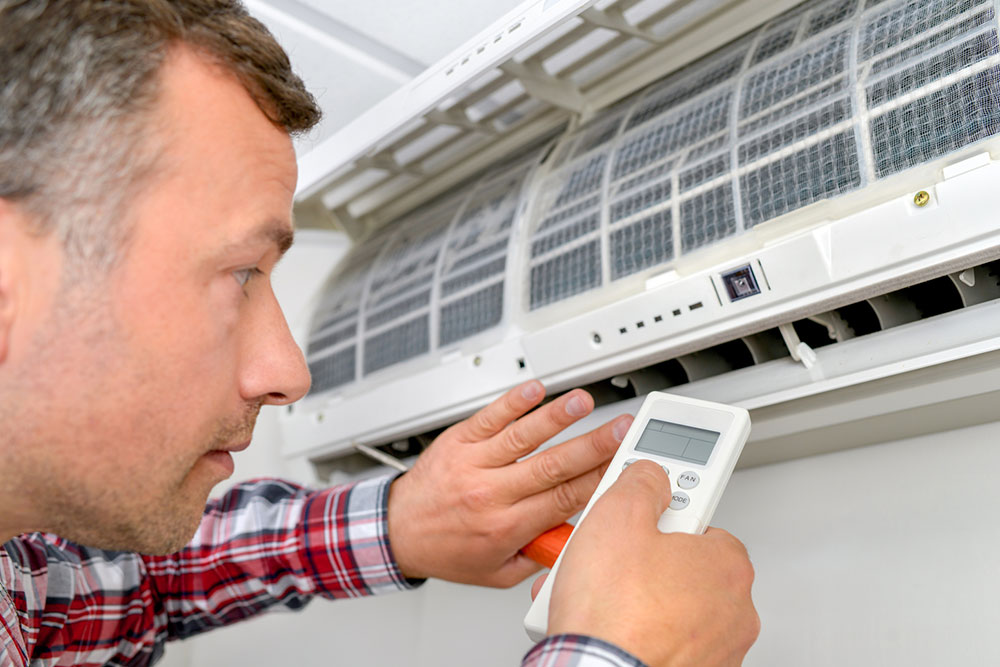Essential Factors to Consider When Choosing an HVAC and Air Conditioning Service Provider
Choosing an HVAC and air conditioning service provider requires careful evaluation of their experience, reputation, warranties, and costs. This comprehensive guide helps homeowners and business owners make informed decisions, ensuring reliable maintenance and repairs that enhance comfort, efficiency, and system longevity. Learn key factors to consider before hiring a technician, understand typical costs, and discover how to find qualified professionals to keep your HVAC system running smoothly year after year.
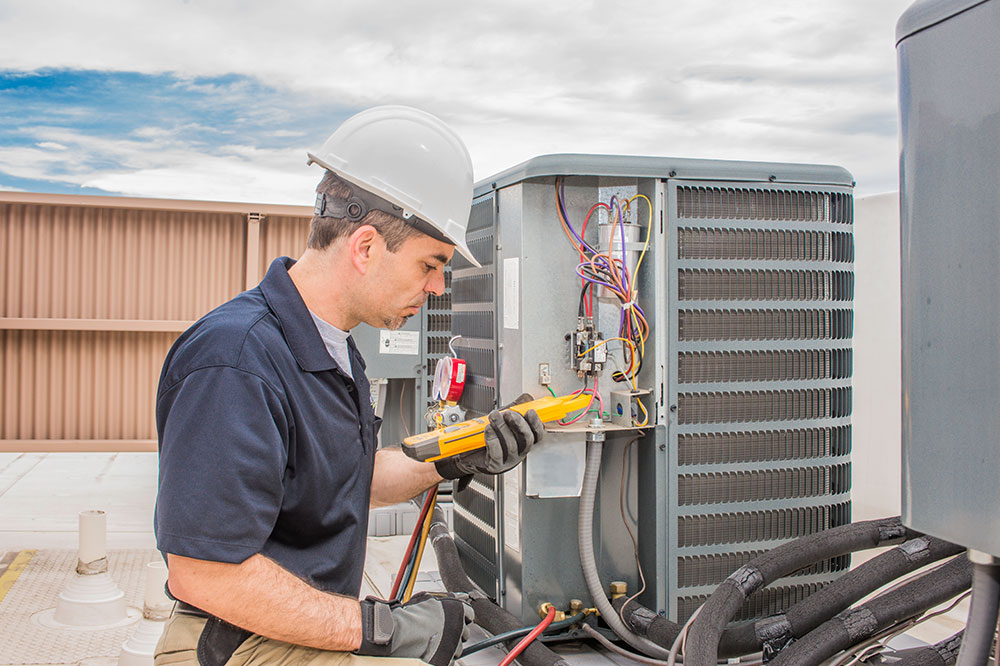
Comprehensive Guide to Selecting a Reliable HVAC and Air Conditioning Repair Company
Heating, ventilation, and air conditioning (HVAC) systems are indispensable for creating comfortable, healthy indoor environments in both homes and commercial properties. These sophisticated systems contribute significantly to indoor air quality and temperature regulation, which impacts occupant comfort, productivity, and overall well-being. However, HVAC units are complex mechanical systems that require routine maintenance, timely repairs, and professional servicing to ensure they operate efficiently and last longer. Selecting the right HVAC or air conditioning repair service provider is crucial in maintaining optimal system performance and avoiding costly breakdowns. This comprehensive guide aims to help you understand key considerations to evaluate when choosing an HVAC service company, along with typical costs associated with repairs and maintenance to financially prepare yourself.
Understanding the Core Components of HVAC Systems
Before beginning your search for a reliable contractor, it’s essential to familiarize yourself with the main components that comprise HVAC systems. This foundational knowledge allows you to better communicate your needs and assess the expertise of potential service providers. HVAC systems generally consist of several key elements:
Heating Units: These include furnaces, heat pumps, boilers, and electric heaters. They function to generate warmth using various fuel sources such as natural gas, propane, electricity, or oil. Modern systems often combine these components to optimize efficiency and provide versatile heating options.
Cooling Components: Air conditioners, central cooling systems, and ductless mini-splits remove heat from indoor air, maintaining a cool environment during hot months. These systems rely on refrigerants that absorb and expel heat effectively.
Ventilation and Air Filtration: Proper ventilation ensures adequate indoor air exchange, which is crucial for indoor air quality. This includes air filters, ductwork, exhaust fans, and ventilators that regulate airflow and remove contaminants.
Controls and Thermostats: These devices manage system operation, allowing temperature regulation, scheduling, and zone control for optimal comfort and energy efficiency.
Hybrid and Zoned Systems: Some systems incorporate hybrid technology, seamlessly switching between different heating and cooling methods for better efficiency. Zoned systems further optimize climate control by regulating different areas independently.
Understanding these elements helps you grasp the scope of services required and ensures you select a technician with the right expertise for your specific system.
Thorough Research and Evaluating Experience of Service Providers
The foundation of good HVAC maintenance begins with selecting a suitably qualified and experienced professional. HVAC systems are intricate, involving numerous parts that must work flawlessly for efficient operation. Therefore, competence and technical skill are non-negotiable qualities when hiring a repair or maintenance company. To find reputable service providers, consider the following steps:
Seek Recommendations: Consult friends, family, neighbors, or colleagues who have recently had HVAC work performed. Personal referrals often lead to trusted and reliable contractors.
Online Research and Reviews: Browse online platforms such as Google Reviews, Yelp, or industry-specific review sites to gauge customer satisfaction and identify top-rated companies in your area.
Check Industry Ratings: Prioritize businesses with high ratings from organizations like the Better Business Bureau (BBB), which evaluate credibility and customer feedback.
Request Consultations: Narrow down options then arrange initial consultations. Discuss your system’s specifics, ask about technicians’ experience, qualifications, and certifications, and observe their professionalism during interactions.
Some nationally recognized HVAC service providers known for quality include Greenwood Air, Clean Air Conditioning & Heating, Service King LLC, All Day Heating & Air Conditioning, Johnny On the Spot, and The Cooling Company. However, local providers with strong reputations can often deliver equally reliable service.
Warranty Policies and Service Guarantees
Reliable HVAC contractors often offer warranties on their work and parts, providing peace of mind and security for your investment. When evaluating different companies, inquire about their warranty policies and what they cover:
Labor Guarantees: Many companies provide warranties on their service, fixing problems that arise within a specified period after maintenance or repairs at no additional cost.
Parts Warranty: Certain components, like compressors or condensers, come with manufacturer warranties. A reputable contractor will honor these warranties and handle subsequent claims if issues develop.
Maintenance Contracts (AMCs): These are annual service agreements that include routine inspections, filter replacements, and minor repairs for a bundled fee, often at a discounted rate. Such contracts help maintain system efficiency and prevent costly breakdowns.
Review these policies thoroughly to understand what is covered and how long warranties last. Quality service providers stand behind their work, demonstrating confidence in their expertise and parts used.
Credentials and Licensing of Technicians
Ensuring your HVAC contractor employs properly certified and licensed technicians is critical for safe, effective, and compliant service. Certification indicates that technicians have met industry standards, undergone rigorous training, and possess up-to-date knowledge on new systems and refrigerants. Relevant certifications include:
EPA (Environmental Protection Agency) Certification
NATE (North American Technician Excellence) Certification
DIAMOND Certification from various manufacturers
Always verify that the company publicly displays its license numbers and credentials. Licensed companies are inspected regularly, comply with local codes, and are accountable for their work. Choosing certified professionals minimizes the risk of poor repairs, incomplete work, or safety hazards.
Cost Estimates and Transparent Pricing
Understanding the typical costs associated with HVAC maintenance and repairs helps you budget appropriately and avoid hidden charges. Expenses can vary depending on the system’s complexity, the scope of work, and regional labor rates. Here are some general cost guidelines:
Basic Tune-Ups: Usually priced between $50 and $250, these include cleaning, filter replacement, and system diagnostics, improving efficiency and extending lifespan.
Comprehensive Repairs and Maintenance: These can range from $100 to $500, covering repairs like refrigerant refills, component replacements, or system upgrades.
Additional Repairs Outside Routine Maintenance: Hourly rates often range from $50 to $150, depending on the technician’s expertise and the repair’s complexity.
Always request a detailed, written estimate before authorizing work. Beware of contractors demanding full payment before starting work or offering suspiciously low prices, as this could be a red flag for dodgy practices. Transparency, clear communication, and detailed contracts are vital in choosing a trustworthy service provider.
In conclusion, selecting the right HVAC or air conditioning service provider involves considering multiple factors, including experience, reputation, warranties, certifications, and cost transparency. Investing time in research and ensuring the technician’s credentials can save you from future headaches and costly repairs. Regular maintenance and professional servicing not only prolong your system’s lifespan but also improve indoor air quality and energy efficiency. Remember, prioritizing professionalism and quality service ensures your system remains reliable, helping you enjoy comfortable indoor climates year-round.
